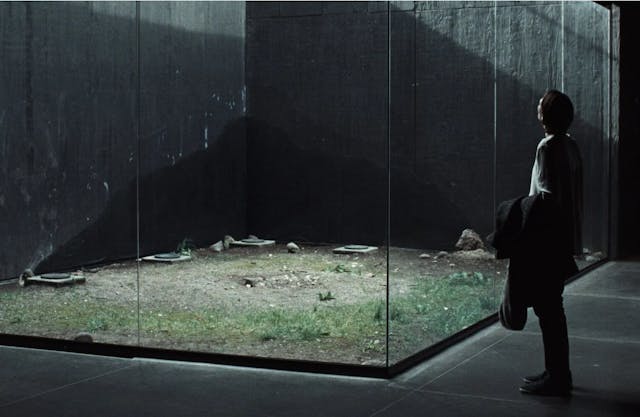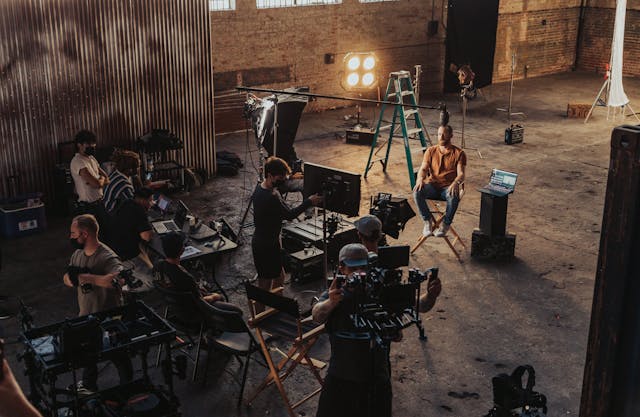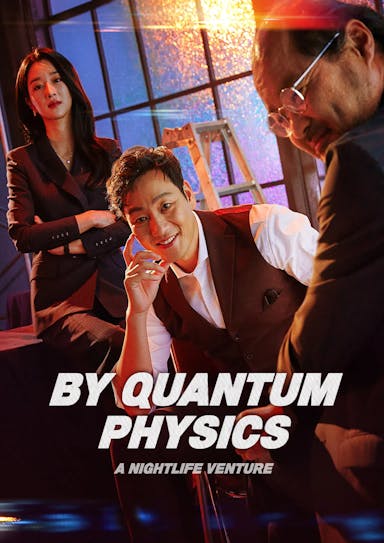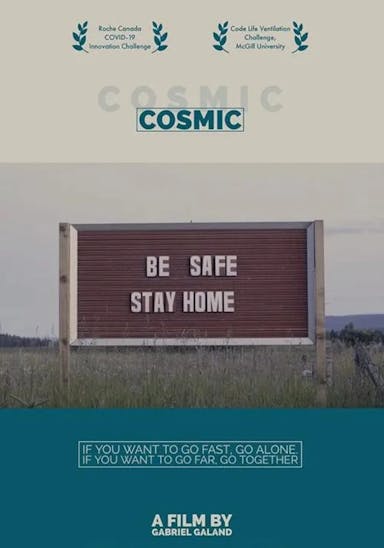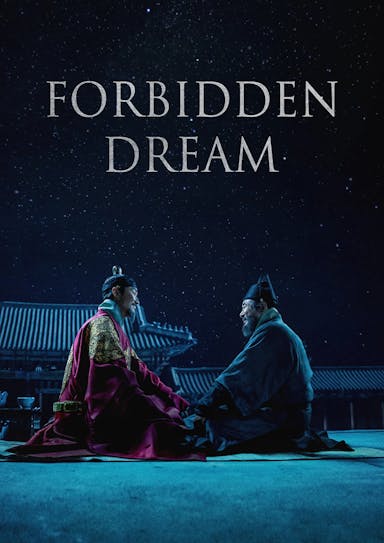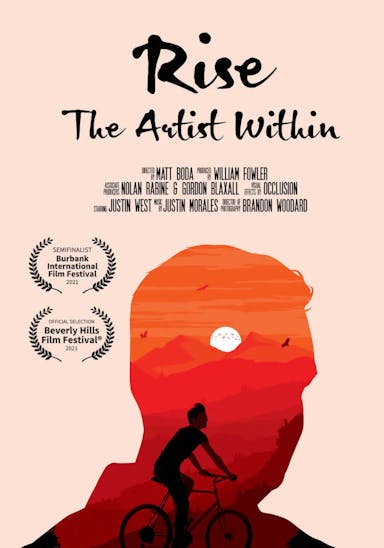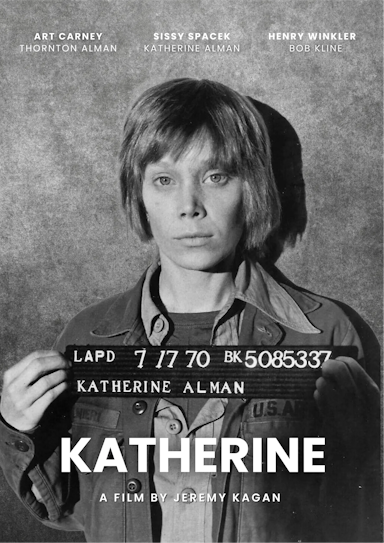
Film Distribution for Beginners: how to get your movie in front of an audience. / Photo by Andrea De Martin, courtesy of Dreamstime.
What is film distribution? It’s a process not unlike a movie. Just like a movie is a work of art and a product, film distribution blends creativity and business. Like a protagonist facing a life-changing challenge, you, as a filmmaker, confront the necessity of distributing a project. That is, making the movie available to the public. You are into this to communicate, and that means reaching out to others, be it to entertain and/or inform. Ideally, you will reach a paying audience so that you and/or the people, organizations, and studios who backed your film will recuperate their investment.
The ethos of indie filmmaking implies the filmmaker is a sort of orchestra man - or woman -. It is somewhat romantic to think that the price for creative independence is having to do everything by yourself. That is not the case. You are not a lone wolf. You do not have to go theater by theater, knocking the doors and sweetening the ears of programmers so that they will book your movie - you could, but that should probably be the last path to take. This is a brief primer on what is film distribution.

Selling "The Zone of Interest": A24 has mastered the art of distributing controversial films like Jonathan Glazer's Oscar-winning drama. / Film still courtesy of A24.
Meet the Players: Film Producer and Film Distributor
Before outlining how film distribution works, it’s important to define the players involved and what role they play in the game. By Film producer, we don’t mean the person in the credits but the entity behind the creation of the film. If you are a full indie filmmaker, it probably is the Limited Liability Company (LLC) you opened to make your production a formal business operation. If you are working within a studio, it will take charge of finding a proper distribution company. The bigger studios may have their own distribution division.
Separate from a studio, a distribution company seeks products at film festivals, markets, and distributor screenings. It can also have relationships with trusted fit buyers, who do the legwork of finding interesting movies. A carefully curated selection allows it to become a strong brand. Think of A24 and Neon, the current coolest kids around the block.

Gourmet huddle: Cesar Troigros and his kitchen team ponder the challenges of a recipe in Frederick Wiseman's "Menus-Plaisirs-Les Troigros." / Film still courtesy of Zipporah Films, Inc.
Film distributors are like film festivals. There’s an A-List of companies everybody wants to get in business with, but can be hard to reach. The rest have different degrees of clout and prestige. You can shot to the moon, but you have to do your due diligence and point your efforts towards a distributor that fits your movie’s profile. Are you a Latin American filmmaker trying to enter the American market? Reach out to Cinema Tropical. Is your movie a film festival-sanctified Art House provocation? The Janus Films logo will look great before your opening credits. Are you making a documentary? Icarus Films is a good choice, and even PBS comes into play. Zipporah Films and the Public Broadcasting System joined forces to make Frederick Wiseman's new documentary, "Menus-Plaisirs-Les Troigros," available to stream for a limited time through their app. In the current exhibition ecosystem, it is not easy to find distribution for a 4 hours-long contemplative documentary about a family of French chefs toiling in their restaurants.
Read the Small Letter: Signing a Film Distribution Contract
Think of a film distribution contract as a marriage of sorts. You throw your lot in. Once a film distributor shows interest in your film, it’s time to hit the table and negotiate. Lawyer up. Don’t think of it as aggressive. It’s the way business gets done. All parties have to do their due diligence to protect their interests.
Basically, you license the distribution company to serve as an intermediary between you and the exhibitors. There are three options of how this relationship can be defined, money-wise: leasing, sharing of profits, and a combination of both.
Let’s consider the leasing option. Think of your movie as a house you rent to somebody. This person uses it to book short-term rentals. You get the monthly rent, and that’s it. So, the distributor pays a fee upfront and goes off to find a market for it. The distributor takes all the rewards and the risks. If the movie is a hit, the money left after the theaters get their cut is his. If the movie flops, he might not recuperate the money he paid upfront.
Sharing the risk and the rewards is probably the most common modality. In a profit-sharing model, the two parties sit down to negotiate the percentages each one is to receive. It is unlikely that the distributor gets more than 50%, but everything depends on how much clout the filmmaker and the distributor have and how savvy they are when it comes to negotiating - and remember, whatever they are going to divide among themselves comes after exhibitors get their cut.
You can also sign a contract that combines these two possibilities. You get an upfront fee and a percentage of income generated by ticket sales and/or home video units sold. Yes. The distribution deal can extend to the video release of the film and even streaming rights. Bear in mind that you must specify not just the form in which the movie is distributed but also the window of opportunity the distributor has to exploit it. Remember the cautionary tale of “Household Saints,” the magnificent ‘90s indie film that almost became a lost film. According to the experts of Missing Movies, your distribution contract must include provisions that guarantee you are notified when the rights expire or change hands. It's the only way you can keep your movie around forever, lest it gets lost from hand to hand into oblivion. The process of film distribution can project itself over the years. It ends by the date agreed on in the contract. After that, rights revert to the filmmaker. If the other party is willing, you can either extend the contract or license distribution rights to another distributor. By then, your movie would have become a catalog title ripe for home video, streaming, and repertory screenings.
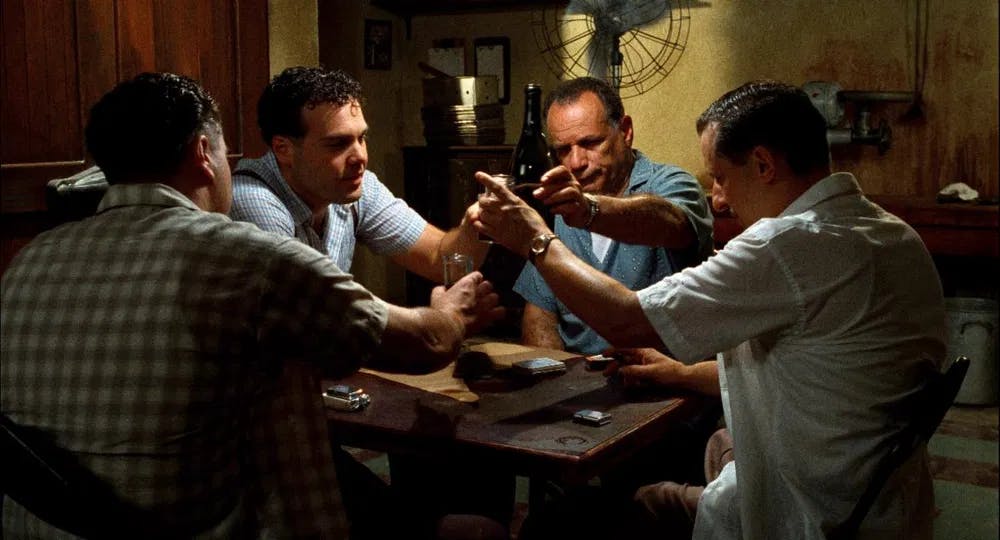
Cheers to a cool indie saved from oblivion!: Vincent D'Onofrio and friends in Nancy Savoca's "Household Saints" / Photo courtesy of Kino Lorber.
What Does the Film Distributor Do?
Besides putting their logo in front of your film when it comes time to show it, the distributor basically convinces theater chains and independent venues about your movie's economic potential. Ideally, they already have developed relationships with exhibitors. They also negotiate how the income from sales tickets is divided. Major chains and studios already have the percentages figured out, but with independent theaters, there is more leeway to negotiate.
A film distributor designs a release strategy for your movie. Sometimes, If you were around in 1999, you saw first-hand how Artisan Entertainment doubled down on the idea of portraying “The Blair Witch Project” as a documentary. To this date, there are still people who believe it is real.
Seasoned film distributors figure out the market for your movie and where and when to find an audience. Those variables can decide your movie's fortunes: Is it the kind of movie that warrants a national release, or should it be concentrated in urban areas? Would it work during Oscar season—the time window that goes from Fall to the beginning of Winter—or is it a possible summer sleeper hit?

In bloom: the kitchen staff picks fresh elderflowers to cook in "Menus-Plaisirs-Les Troigros." / Film still courtesy of Zipporah Films, Inc.
It is easy to label your movie as Oscar bait if it reaps awards on the film festival circuit, but it is harder when you are untested and right out of the gate. Should it be marketed to young audiences, families with kids, or gray-haired Art House patrons? Do you have a crossover phenomenon on your hands? Chances are you have profiled your project to death while writing the script, during fundraising, in preproduction, and beyond. However, you are probably too close and too personally invested in the movie to see its potential. A good distributor will be able to take measure of its potential in the current market.
To do so, the distributor will develop the advertising campaign, promotional materials, and press kits. They may do this with an in-house team or hire a specialized company dedicated to these affairs. Get more details in our primer about film promo.
Parting Words
Back to the “Blair Witch…” case, Artisan Entertainment bought the movie at the 1999 Sundance Independent Film Festival for $1.1 million. It's not too bad for a movie whose original shooting budget was $60 thousand. Even if you add the up to $750 thousand spent on some post work and reedits, the filmmakers made out like bandits. The distributor came through. The movie became the sleeper hit of the summer, earning $140 million at the domestic box office, making it one of the top ten money earners of the year. It made over $250 million around the world. The halo effect of the Artisan campaign must have helped, but credit should go to Summit Entertainment, which managed the International distribution rights. Yes, you can split the rights across territories. You can separate domestic from foreign and hand Europe to one bidder and Latin America to another.
A successful distribution strategy helps your movie's money prospects. The success of “The Blair Witch Project” pushed Artisan to the next level. Three years later, in 2003, Lions Gate acquired it for $220 million, becoming the biggest indie distributor of the time.
We wish this level of success for you, too! However, the process of film distribution is unpredictable. Remember William Goldman’s famous phrase: “Nobody knows anything in Hollywood.” Well, nobody knows about the outcome of any given project, but you do need to know some things to push your movie through the maze of production and movie distribution. “Distro” can be beautiful.
Want to get an email when we publish new content?
Subscribe today










